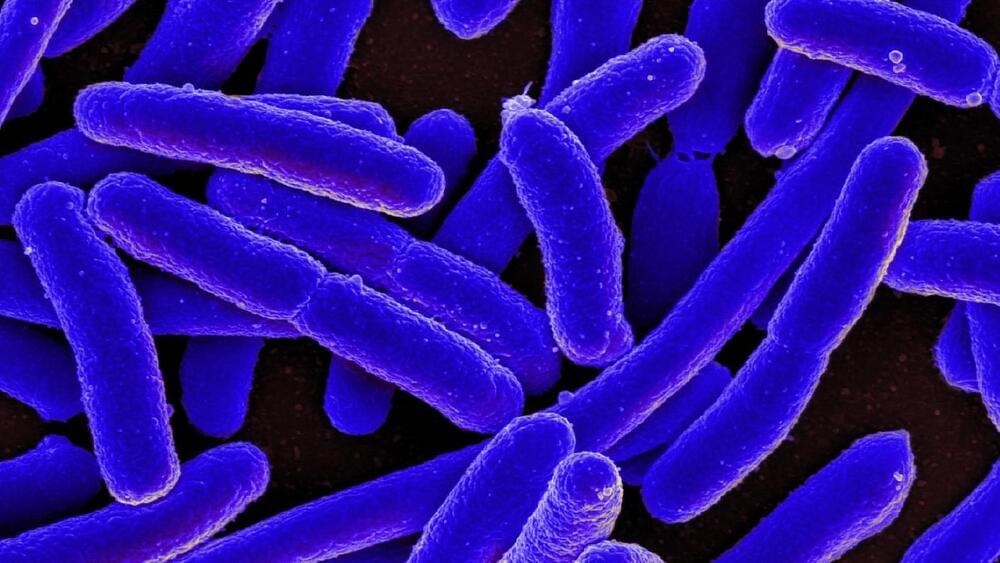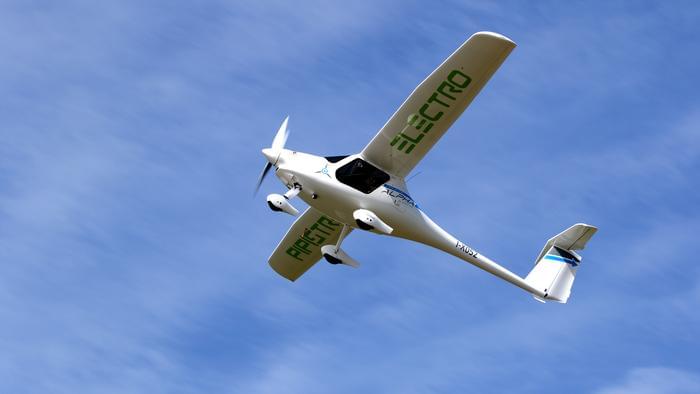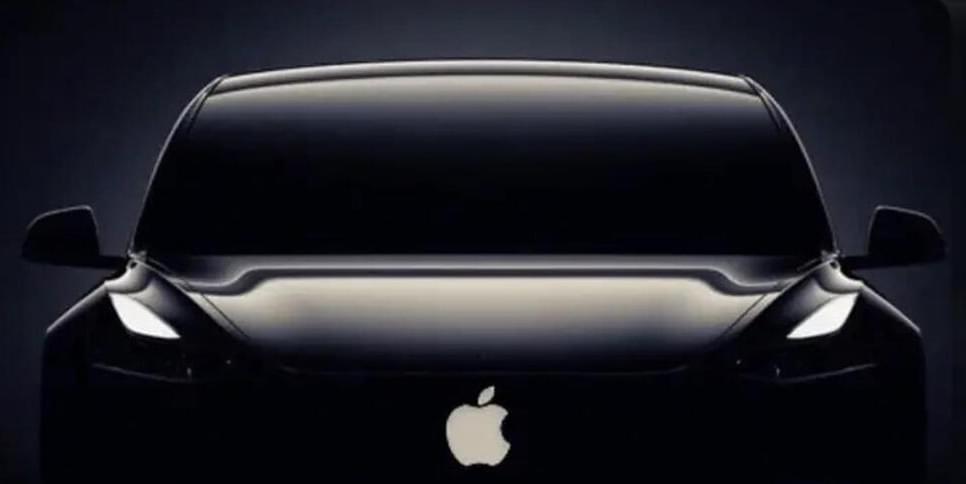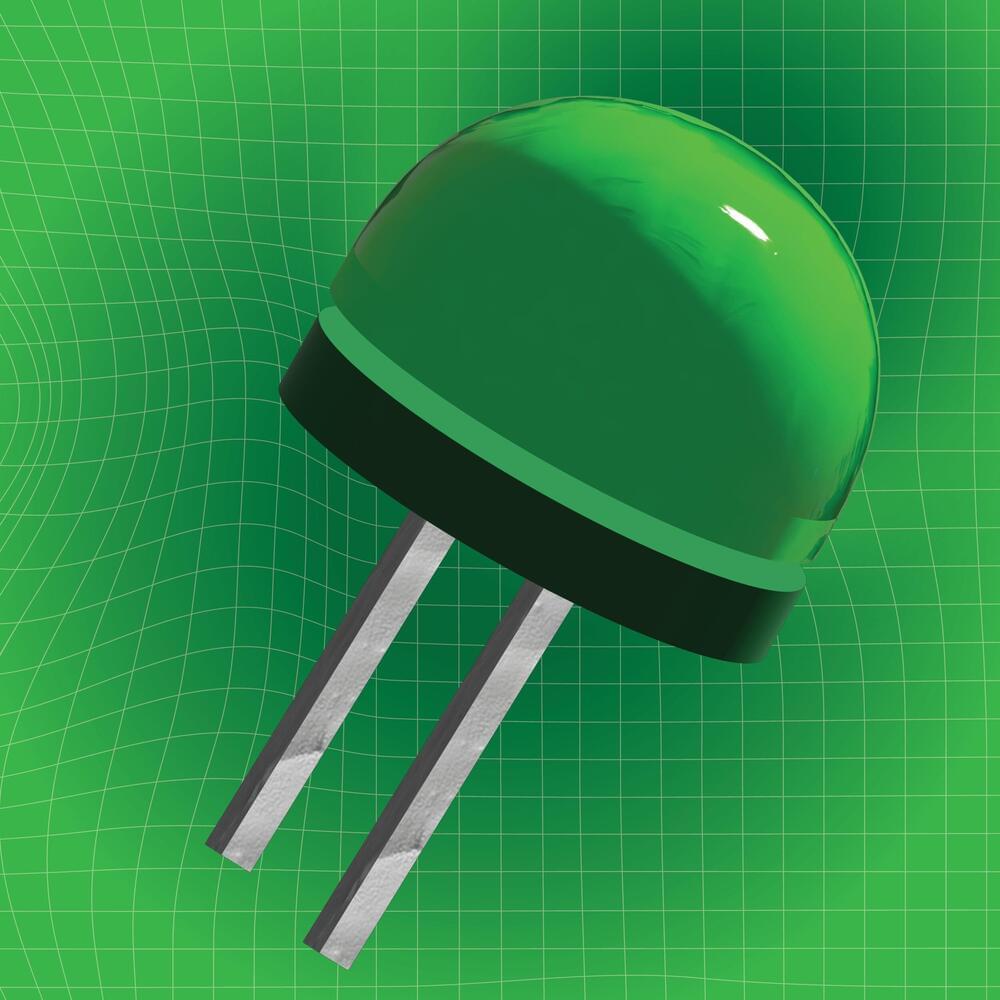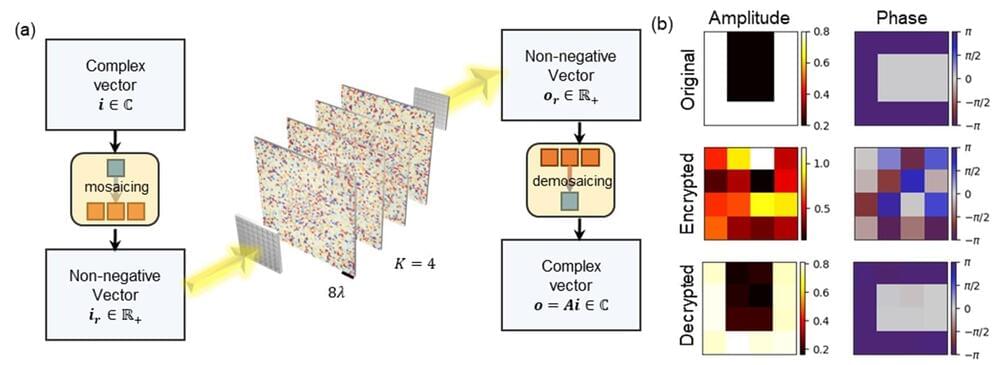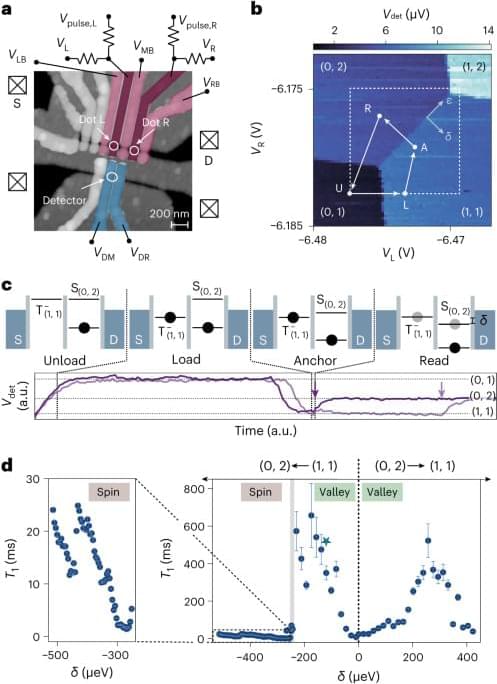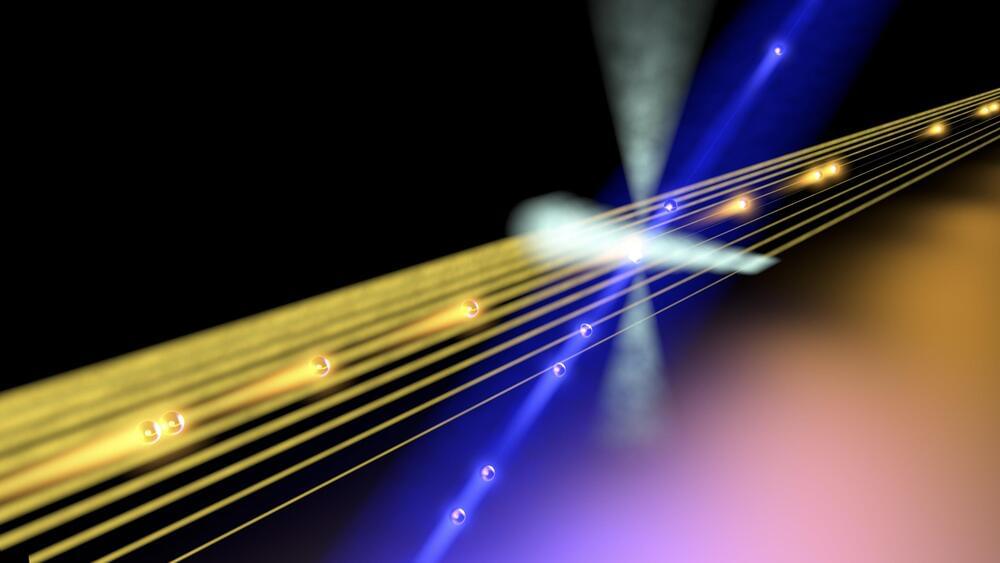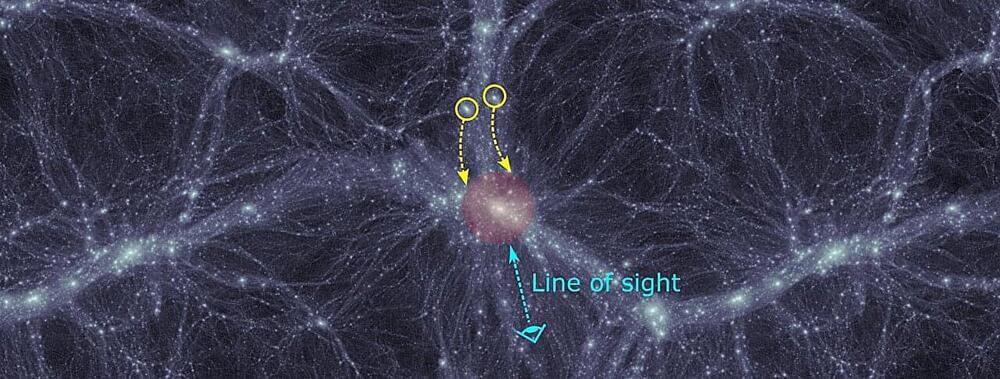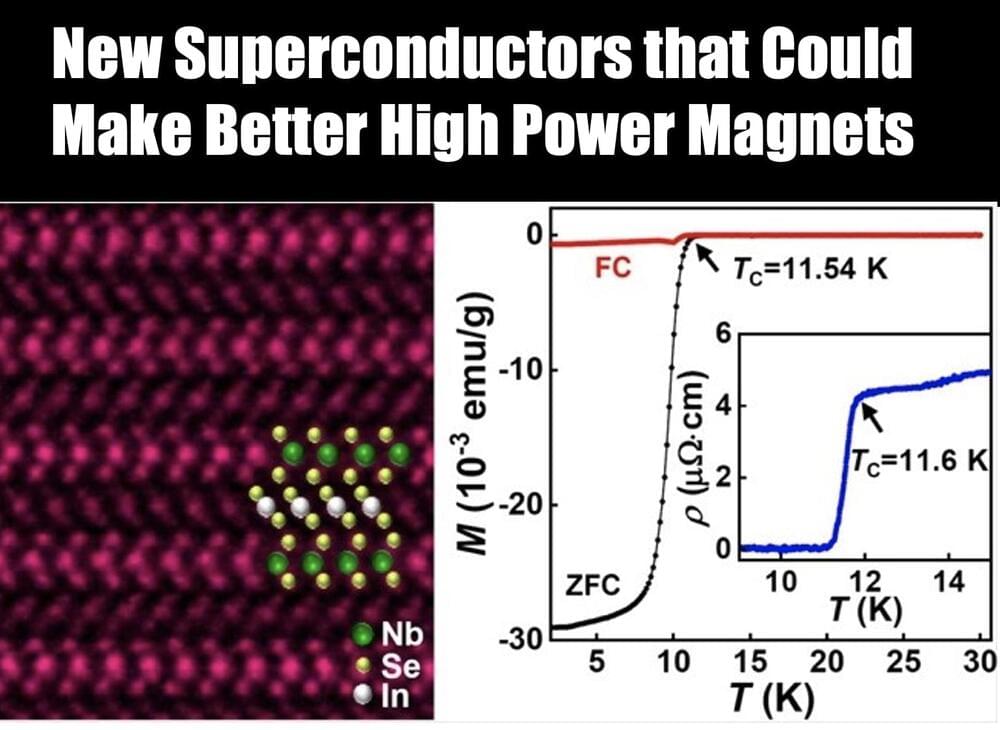Color mixing is the process of combining two or more colors: red and green make yellow, blue and red make purple, red and green and blue make white. This process of mixing colors is the basis for the future of solid-state lighting. While currently white light is achieved by phosphor down-conversion, LED color mixing actually has a higher theoretical maximum efficiency, which is needed in order to achieve the 2035 DOE energy efficiency goals.
Despite the potential efficiency of color-mixed LED sources, there exists one significant challenge: green. The “green gap” is described as the lack of suitable green LEDs. Current green LEDs are made from state-of-the-art hexagonal III-nitride but only reach one third of the efficiency goals laid out in the 2035 DOE roadmap.
In a new study, researchers at the University of Illinois Urbana-Champaign have found a potential path to fill the green gap and report a green-emitting cubic III-nitride active layer with 32% internal quantum efficiency (IQE), which is more than 6 times higher efficiency than what is reported in the literature for conventional cubic active layers.
